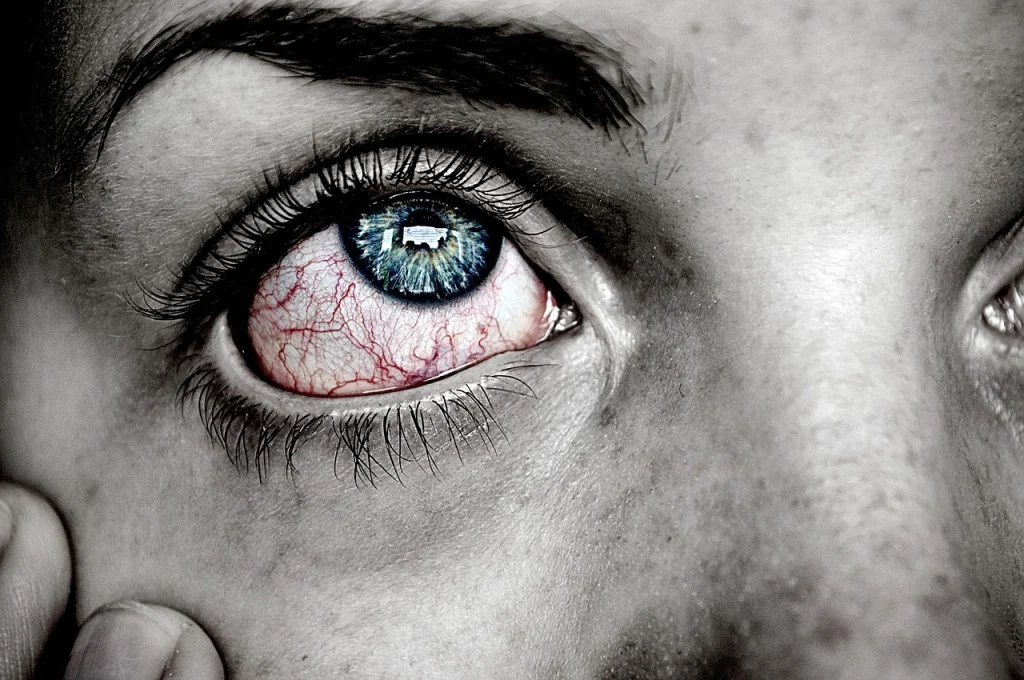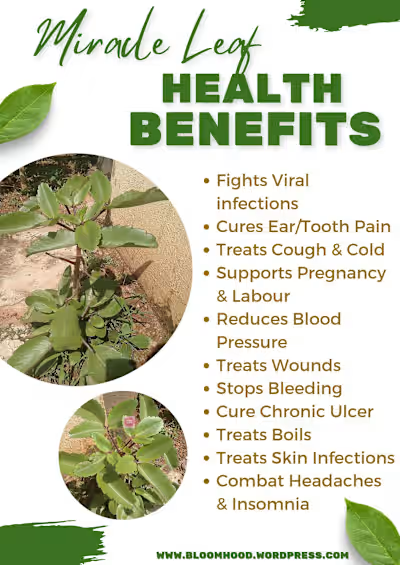How to Cope With Conjunctivitis (Apollo)
Like this project
Posted Oct 1, 2023
Conjunctivitis has no cure. It poses no grave danger but can give you some temporal discomfort. However, the discomfort can be managed with early treatments or…
Likes
0
Views
4
Conjunctivitis is an eye infection that leads to the inflammation of the conjunctiva.
That is, the tissue that helps to keep the white of the eye (sclera) moist by producing mucus and tears to keep it safe from irritation.
It poses no grave danger but can give you some temporal discomfort. However, the discomfort can be managed with early treatments or home remedies.

Why is it called Apollo?
In Nigeria and some other African countries like Ghana, conjunctivitis is commonly known as Apollo.
Many people just like me know that Apollo is one of the names of the Greek gods. It is the deity for sun and light etc.
More so, not many know that the U.S National Aeronautics and Space Administration (NASA) named its spacecraft after the Greek god Apollo due to its superior power.
You may now be wondering what conjunctivitis has to do with all these.
In the year 1969, there was a massive outbreak of what is known as Acute Hemorrhagic Conjunctivitis (AHC) in Ghana, West Africa.
The outbreak of the epidemic was the first of its kind and coincidentally happened when the US NASA launched the Apollo 11 (moon landing).
Therefore, many people have this belief that the disease was brought from space.
Now that you know why it is locally known as Apollo, let us now focus on the causes, mode of transmission and treatments.
What causes conjunctivitis?
Conjunctivitis can either be caused by a viral or bacterial infection.
More so, in very few cases, conjunctivitis can be a result of allergies, irritates and chemicals but they are not contagious.
Viral conjunctivitis is caused by adenovirus.
It is highly contagious as it can easily spread through small droplets such as cough or sneeze.
More so, viral conjunctivitis may likely come with a cold, sore throat and other respiratory tract infections.
It mostly affects older adults and causes light redness of the sclera.
Also, it spreads easily to the other eye.
Mild viral conjunctivitis may likely clear up within 7-14 days even without treatment.
Bacterial conjunctivitis is caused by staphylococcus aureus, streptococcus pneumonia, influenza, Haemophilus, Moraxella catarrhalis etc.
It results in yellowish discharge from the eye, otherwise known as pus. The discharge can range from mild to severe and causes the sticking of the eyelids during sleep.
Also, it causes deep redness of the sclera.
Although conjunctivitis caused by bacteria can affect both eyes too, it is more likely not to be so like viral conjunctivitis.
Mild bacterial conjunctivitis usually takes 2-5days to improve without treatment.
Apart from the aforementioned difference, other symptoms are usually similar.
Mode of transmission
Contact with contaminated surfaces and substances. Close contact with infected persons, usually by hand to eye transmission.
Droplets of the virus or bacteria in the air through coughing or sneezing.
It is more contagious within the first 7 days of contacting it.
What is the incubation period of conjunctivitis?
The incubation period may vary depending on the pathogen that caused it. However, the average incubation period for both Bacterial and viral conjunctivitis is 1-3 days.
Symptoms of Conjunctivitis/Apollo/Pink eye
Symptoms normally start with mild itching at one corner of the eye.
This lead to eye redness, otherwise known as pink eye as the conjunctiva gets inflamed. The redness emerges from one corner of the eyes probably where the itchiness starts and spread all over just within some minutes.
As it progresses, you will likely start experiencing eye irritation. This will feel as if you have dust or sand particles in your eyes.
Eye cloudiness. This is because of the pus/discharge, which disrupts vision (blur vision).
Eye puffiness, which results in the swelling or inflammation on and This can also cause heavy eyes.
Also, you experience teary eyes, light sensitivity and pain especially to touch.
Pus discharge. This is very common when conjunctivitis is caused by a bacterial infection. The pus is thicker and frequent.
Is conjunctivitis seasonal?
Yes. Although conjunctivitis can happen at any time of the year, it is more aggressive during the harmattan (cold and dry air). The weather condition is favourable especially to viruses.
How to cope with conjunctivitis (Apollo)
Unfortunately, conjunctivitis is not curable just like mumps.
Treatments such as eye drops or artificial tears (moistens the eye and reduce irritation) and antibiotics only help to relieve symptoms.
Treatment can only help you cope with the infection by reducing pain, swelling, pus discharge, itching and other associated symptoms. More so, your immune system works hard to fight them off.
Some home remedies too like applying a cold compress, cleaning the eyes with damp clean towels will also help to relieve symptoms.
However, be careful of some unbelievable home remedies that claim to help treat conjunctivitis.
Some of such examples are potato juice, honey, aloe vera gel, turmeric, breast milk, washing the face with the first-morning urine or using it as an eye drop etc.
While these home remedies may look like the best option, know that the eyes are a very delicate part of the body and have no substitute once damage.
Therefore, it is best to seek medical attention to ease discomfort and practice good hygiene to reduce the spread of the infection.








